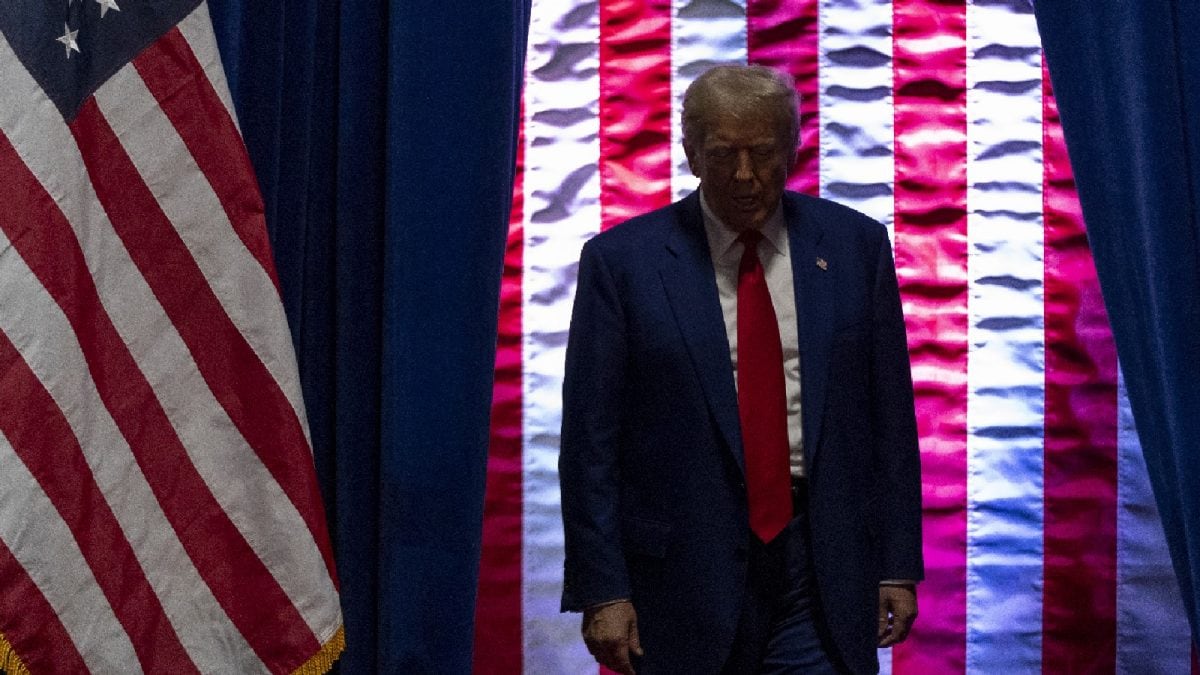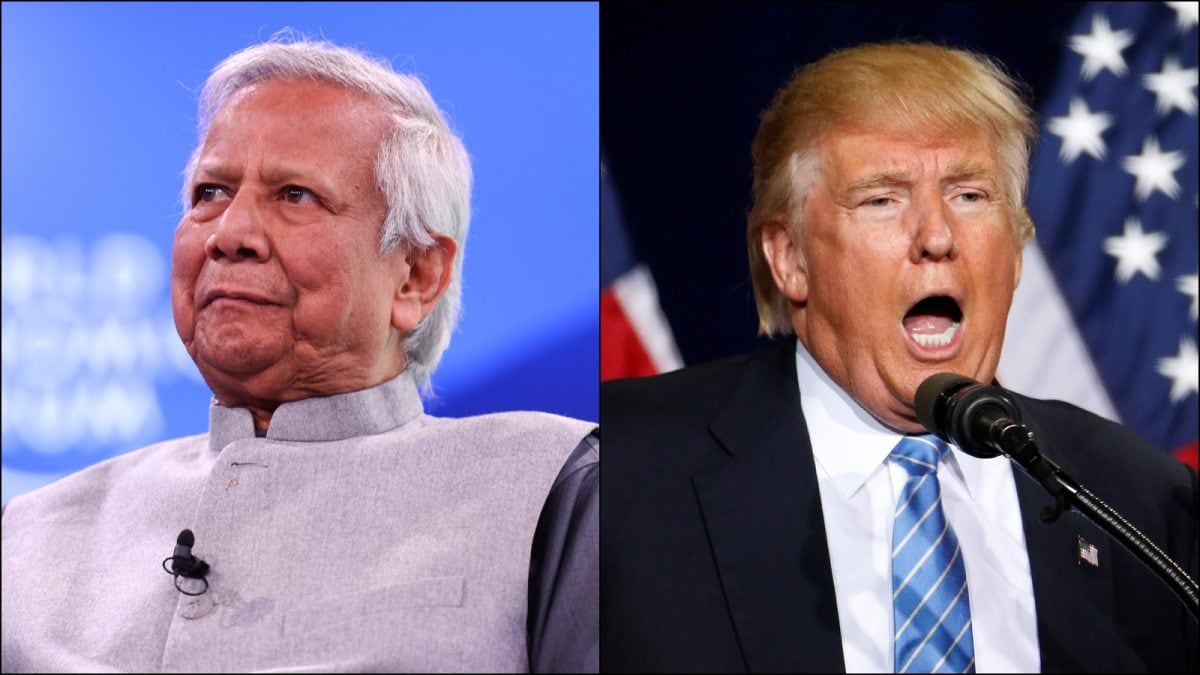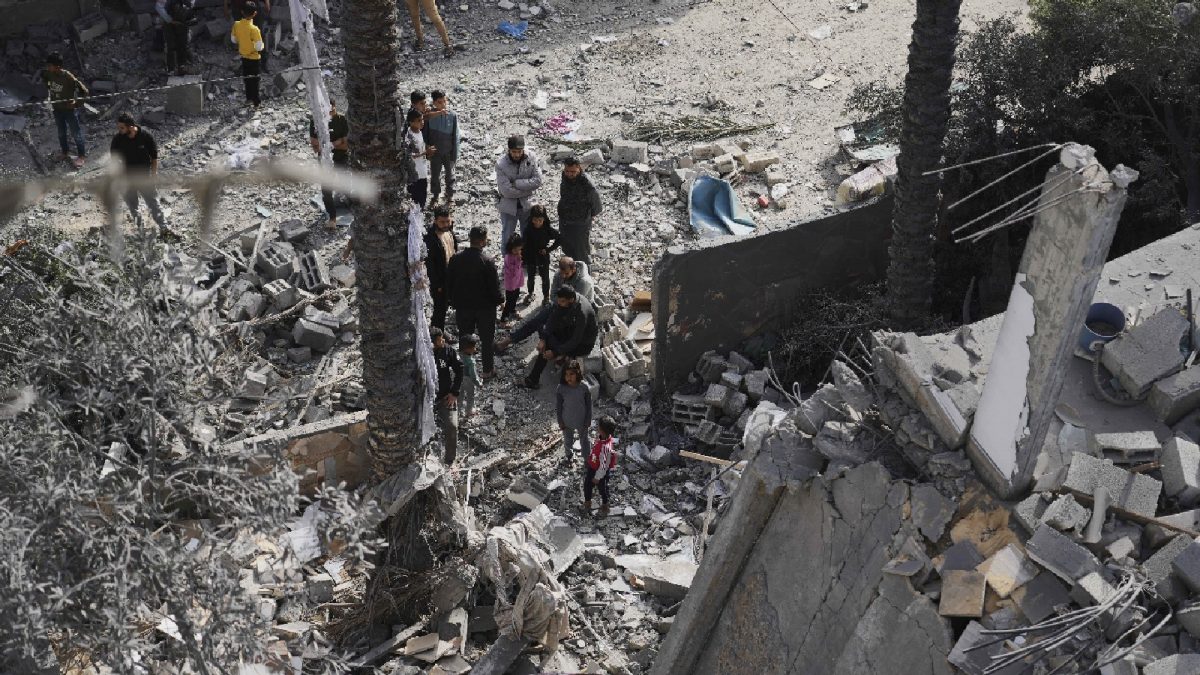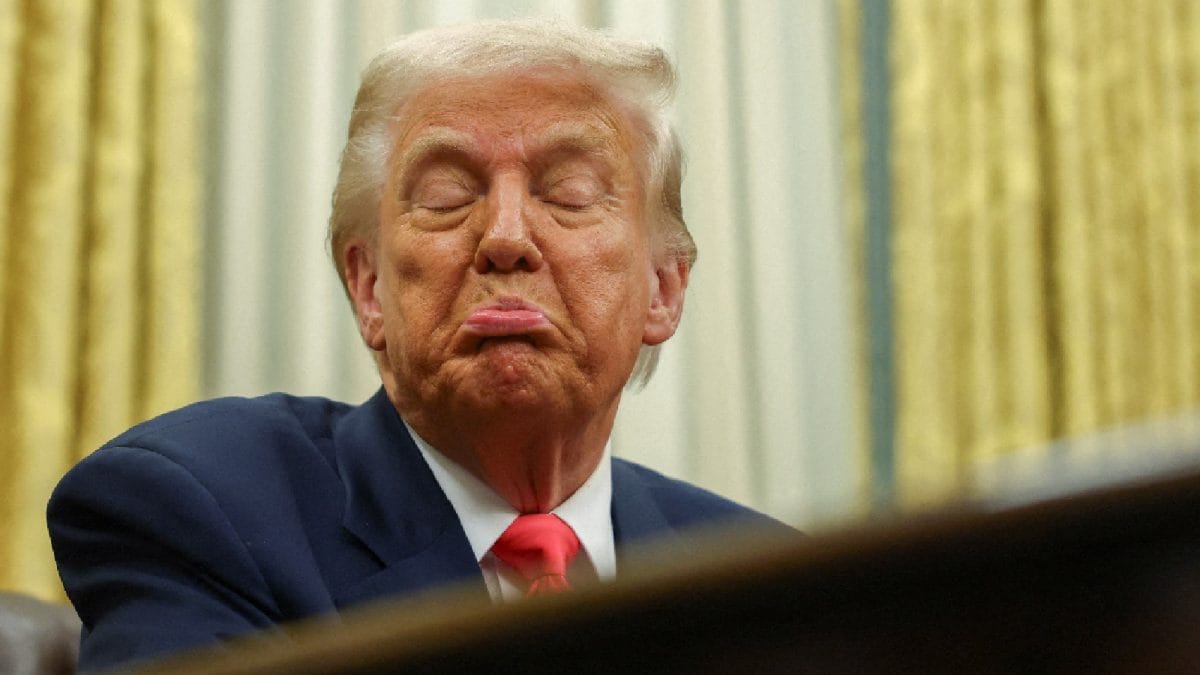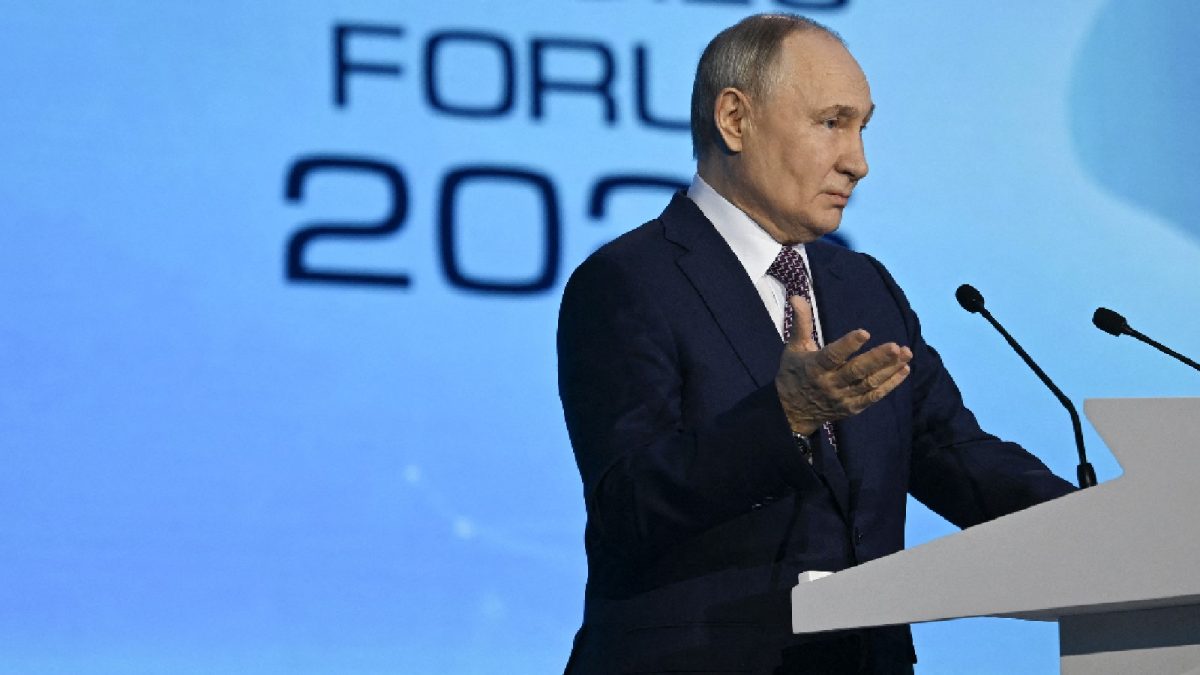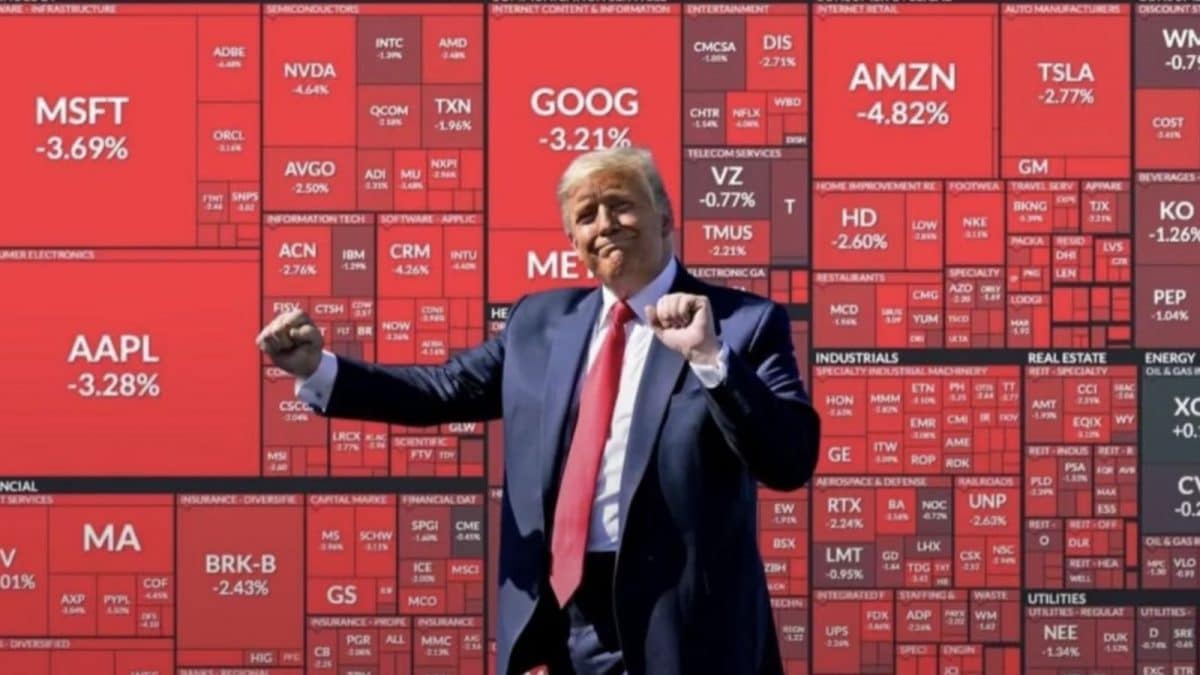A senior New South Wales police officer signed a non-disclosure agreement after being told by the federal police in early February that the motivation of the “mastermind” behind Sydney’s “fake terrorism” caravan plot was to influence prosecutions.
Monday’s revelation – which one NSW MP labelled “extraordinary” – came during the first hearing of an upper house inquiry into when the premier, Chris Minns, and members of his cabinet knew that the caravan found laden with explosives in January on the outskirts of Sydney was not a terrorism event.
Rather, state and federal police have since alleged, it was part of a conspiracy by organised crime to divert police resources and negotiate reduced sentences.
The inquiry was launched due to concerns that parliament was “misled” before controversial hate speech and anti-protest laws were passed in late February.
The NSW deputy commissioner David Hudson told the hearing on Monday that state police had repeatedly asked the Australian federal police about the motivation of a key player “however their internal policies prevented them from doing that”.
“The senior investigating officer from NSW who sat over the top of that investigation was informed at some stage, I think it was around the 10th of February. However, he was forced to sign a non-disclosure agreement,” Hudson said on Monday.
s MP Wes Fang on Monday responded: “Whoa, that’s extraordinary.”
Sign up for the Afternoon Update: Election 2025 email newsletter
Hudson said investigators were told about the mastermind’s alleged motivation on 21 February. This was the same day the police internally – but not publicly – ruled out the incident being a potential terror event and the controversial legislation passed the NSW parliament.
Hudson said police then awaited legal advice – which was provided on 5 March – as to whether those involved in the incident could be charged under terrorism offences. They could not, he told the inquiry.
Hudson said he briefed the NSW police minister, Yasmin Catley, on 7 March after she asked for an update and ahead of federal police announcing to the public on 10 March that the caravan plot was a “con job”.
Asked if Hudson had a conversation with Minns or Catley on 21 February, he said: “Not to my recollection, no. I’ll check my notes, but I don’t remember that specific date.”
The NSW police commissioner, Karen Webb, also appeared at Monday’s hearing alongside the deputy commissioner Peter Thurtell. Webb said she had “scheduled updates” with Minns and Catley.
“I can provide those. I just don’t have them in front of me immediately, but we had scheduled meetings,” Webb said.
Hudson revealed that Minns and Catley had incorrectly told the public that there had been “700 instances of antisemitic attacks”.
Hudson told the inquiry that figure, which came from data collected by police, included both antisemitic and Islamophobic incidents since 11 October 2023.
Catley last month said that “there have been more than 700 antisemitic events and incidents and arrests in this city”.
The following day, Minns told the ABC: “There have been 700 instances of antisemitic attacks over the summer.”
Thurtell confirmed during the hearing that of the 700 incidents, 41% were antisemitic, 15% Islamophobic and the rest classed as “other”. “This is a loose capture of what’s been happening since October 2023,” he said.
Under questioning from Labor MP Bob Nanva, Thurtell said that 41% equated to 329 antisemitic incidents, and that investigating antisemitic incidents had become an operational focus for police since 7 October 2023.
Asked by Nana if it was a fair assessment to say the caravan plot was an “opportunistic” one to “exploit and, frankly, leverage the fear that existed in the Jewish community”, Thurtell said: “I can only speculate that that is what they believed would achieve their ends that they were seeking to achieve.”
Thurtell agreed under questioning from Nanva that the government introducing a package of reforms or giving police additional powers was “unremarkable”.
The AFP said in mid-March that the caravan was “never going to cause a mass casualty event” and was a “fake terrorism plot”.
AFP deputy commissioner Krissy Barrett said at the time: “We believe the person pulling the strings wanted changes to their criminal status but maintained a distance from their scheme and hired alleged local criminals to carry out parts of their plan.”
Barrett said an “AFP operational strategy” was in place to “take action against this individual”. The NSW hearing continues.

 11 hours ago
11 hours ago






